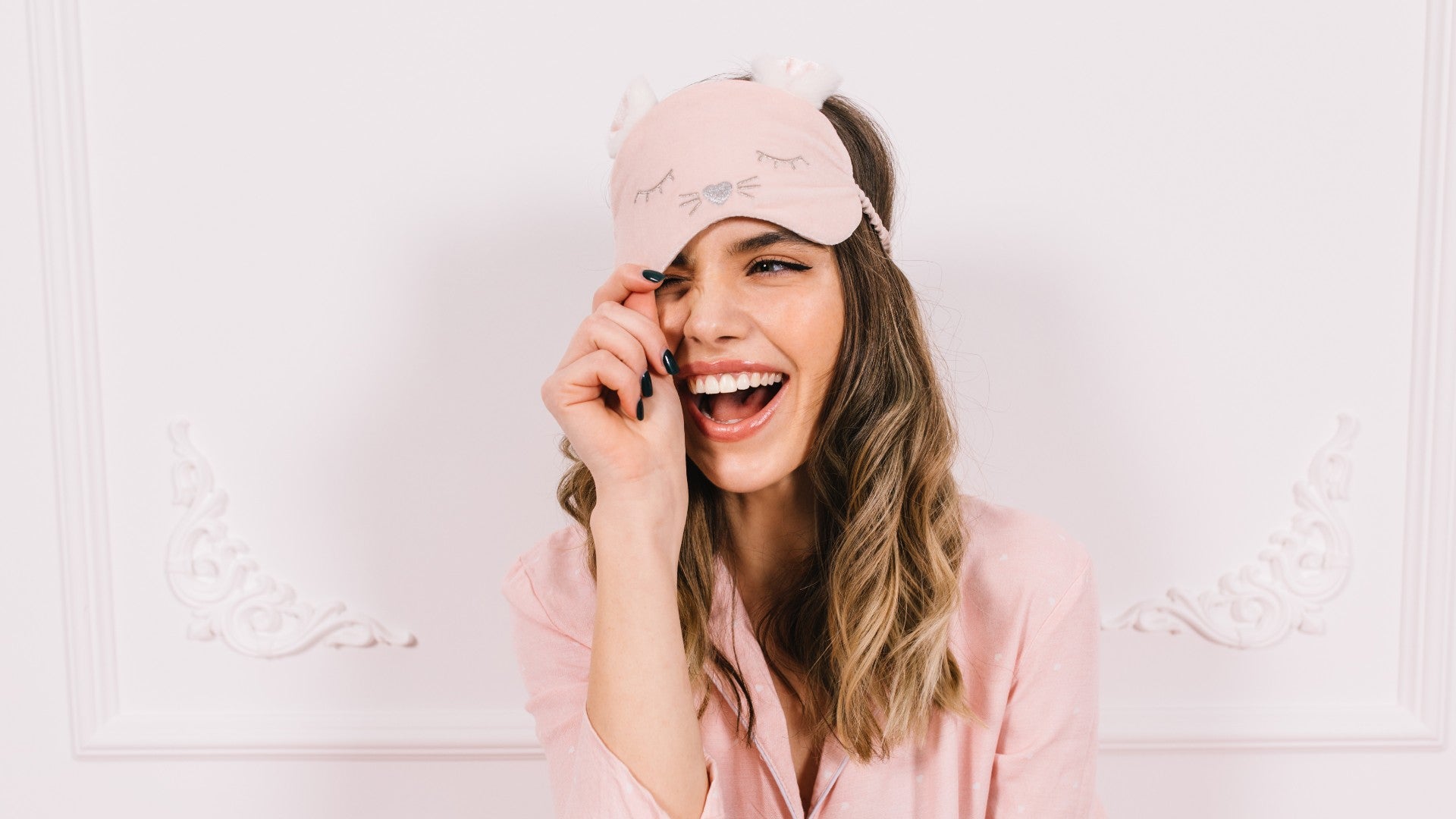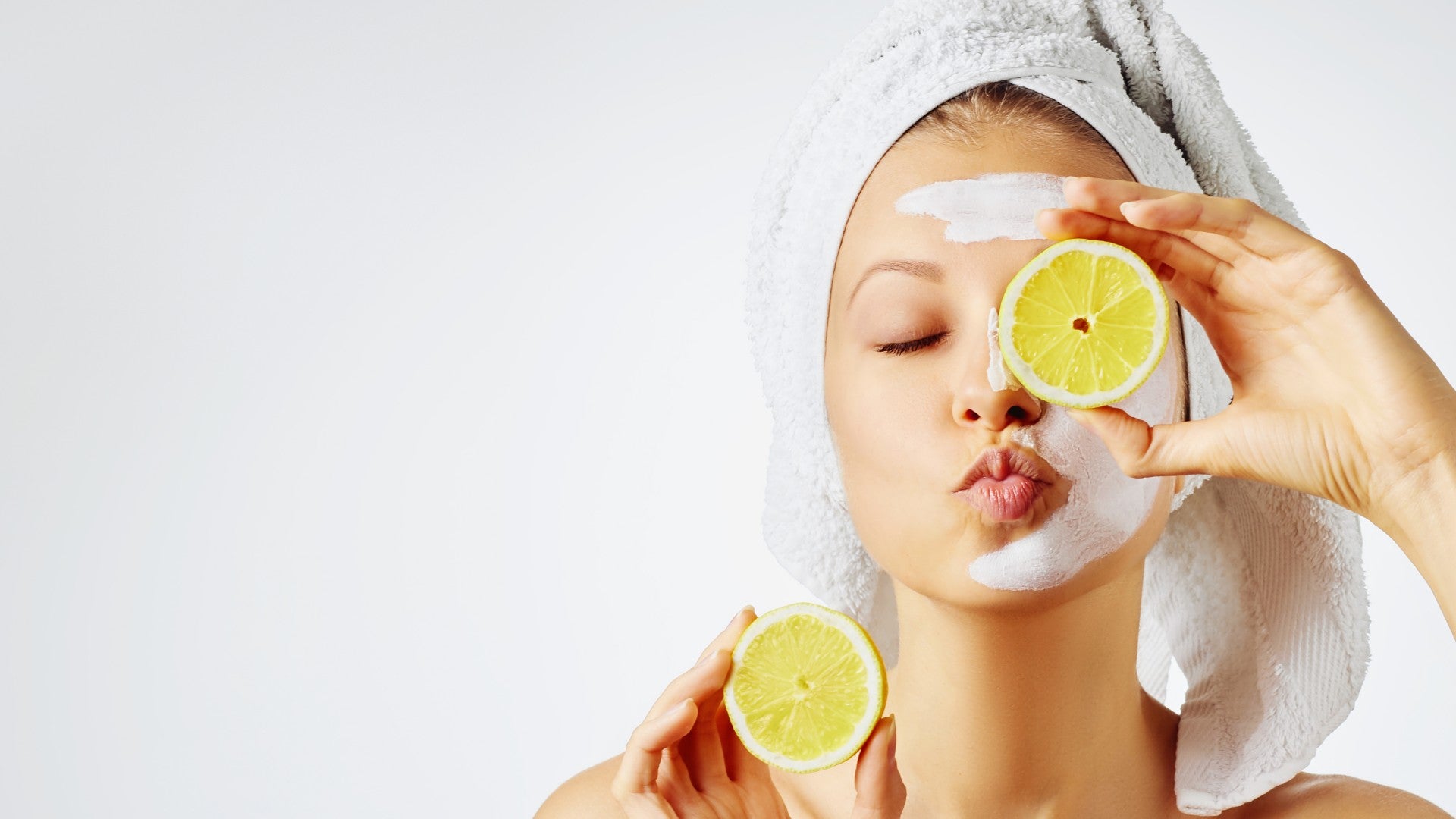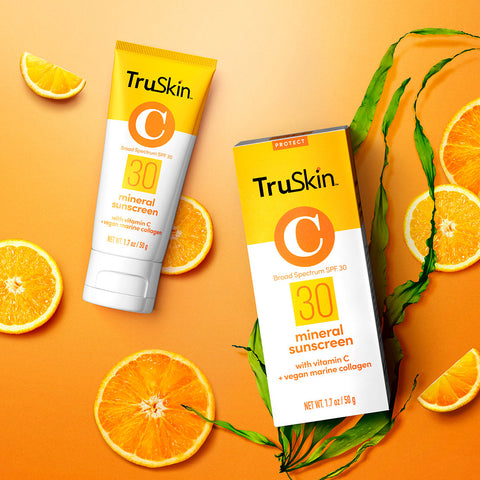
Why Sleep Is The Biggest Anti-Aging Trick Of All Time
Good news: at night, while you catch up on valuable zzzs, your body and skin go into overdrive to repair damage from the day. And this, dear friends is why we truly believe that sleep is one of the most important players in your skincare arsenal.
We’ve said it before and we’ll say it again, there are very few skincare tricks as effective as a good night’s sleep. Yes, daily broad-spectrum sunscreen is imperative for warding off the signs of premature aging, and if you skip moisturizer on a regular basis, especially as you get older? Well, you can say goodbye to that baby-soft skin you took for granted in your teens and early 20s.
But when all is said and done, if you deprive yourself of quality sleep time, you might as well throw the rest of your skincare routine in the trash.
Here, we lay out the facts about beauty sleep and why you 100 percent need it – if nothing else but for the sake of your wrinkles.
1. If you’re anywhere between the ages of 18 and 64, the National Sleep Foundation recommends between seven and nine hours of sleep every night. This means if you’re up every day at 7 am to workout before work or take the dog for a walk, you need to be turning in at midnight at the very latest – but preferably by 10 pm.
Why do we need so much sleep? Because it ‘powers the mind, restores the body and fortifies virtually every system in the body,’ explain sleep experts at the foundation.
2. What does this mean specifically for your skin? Well, as your brain goes into rest mode, your skin does the exact opposite. Blood flow to the skin increases which nourishes it with valuable nutrients; cell turnover accelerates to bring fresh, healthy skin cells to the surface, and collagen production revs up big time. Collagen is a super important protein in your body that works like glue to hold everything together. When it comes to your skin, collagen is basically responsible for its structure, firmness and plumpness. In short, lots of collagen is very good. Short supplies, not so much.
Aging, a cruddy diet, too much sun and smoking are all major enemies of collagen, but sleep is its BFF. So, beauty lesson number one? More sleep = more collagen = more youthful-looking skin.
3. Plenty of other things are also going on while you sleep, so let’s talk about hormones for a hot minute.
First up, is cortisol, or as it’s otherwise known, the stress hormone. Cortisol not only regulates your levels of stress, but also your blood pressure, immune system and metabolism. Levels of cortisol vary throughout the day, being high in the morning and gradually decreasing into the evening. When you fall asleep these levels drop dramatically, which means if you miss out on valuable sleep your body continues to produce cortisol. This puts unwanted stress on pretty much every important internal bodily function, and spells disaster for your skin as too much cortisol completely wrecks its ability to heal and regenerate. It can also cause flare-ups and exacerbate skin conditions like rosacea, eczema and psoriasis.
4. While we’re on the hormone topic, melatonin also needs a mention. Melatonin – often thought of simply as a sleep supplement you buy from your local CVS – is actually a hormone produced naturally by your body when it’s dark to help it repair itself as you sleep. It has awesome antioxidant properties, so just like vitamin C and niacinamide, helps reduce skin aging by fighting damaging free radicals that are caused by those environmental bad guys: namely UV radiation and pollution.
Beauty lesson number two: lack of sleep = less melatonin = more skin damage.
5. The last hormone we’d like to bring to your attention is HGH, the human growth hormone. Like melatonin, this is produced naturally by your body during deep sleep to help maintain your organs and build strength in your tissues and muscles. HGH production decreases with age which is why it becomes increasingly harder to build muscle, bone density and exercise stamina as you get older. It’s also one of the reasons your skin becomes thinner over time.
Note to selves. Up your sleep levels to help your body produce as much HGH as your age will allow.
6. As we previously mentioned, sleep is vital for maintaining a balanced metabolism. Well, it also helps regulate your blood sugar levels which is super important for reducing sugar cravings.
A diet that’s high in simple carbs and refined sugars results in a process called glycation which leads to inflammation in your skin and a significant disruption to your collagen and elastin production. Glycation also produces skin damaging free radicals which drive a further nail in the coffin of your hopes for a long-lasting youthful complexion.
7. If you’ve ever woken up after a night of poor sleep (wine, what wine?) only to be faced with puffy eyes and dark circles, you’ll be more than aware of how much the skin around your eyes feels the hit of sleep deprivation. But why? Unfortunately, the exact science is a little unclear, but lack of sleep definitely makes eyes dry and irritated, so this could be one reason for the inflammation and/or swelling. It also causes the blood vessels under the thin skin around your eyes to dilate which increases blood retention and creates that infamous dark tint.
Too much cortisol may also be partly to blame for eye puffiness. High levels in your bloodstream change the salt balance in your body which makes it retain water and cause unwanted swelling.
8. The process of repair and regeneration that happens as you sleep also helps strengthen your skin’s natural, protective barrier. If your skin barrier is compromised – which may happen if you keep up a shabby sleep routine – it fails in its job to hold the good stuff (water) in as well as to keep the bad stuff (chemicals, UV, pollution and bacteria) out.
And there's life lesson number three: lack of sleep = poor barrier function = dry, dehydrated skin.
So, what should you take away from all this sleep intel? Simple. Number one, never underestimate the power of a good night's rest. If your skin is looking particularly sad or your under eye circles are out of control, turning in early should be an absolute priority. No arguments. And number two, overnight is a great time to help boost your skin's natural healing and repairing processes with some quality skincare products. Look to ingredients like retinol to amp up your anti-aging game, try hyaluronic acid to moisturize or go for salicylic acid to help unblock pores and improve cell turnover.
Trust us, your skin will be super grateful come the morning.








